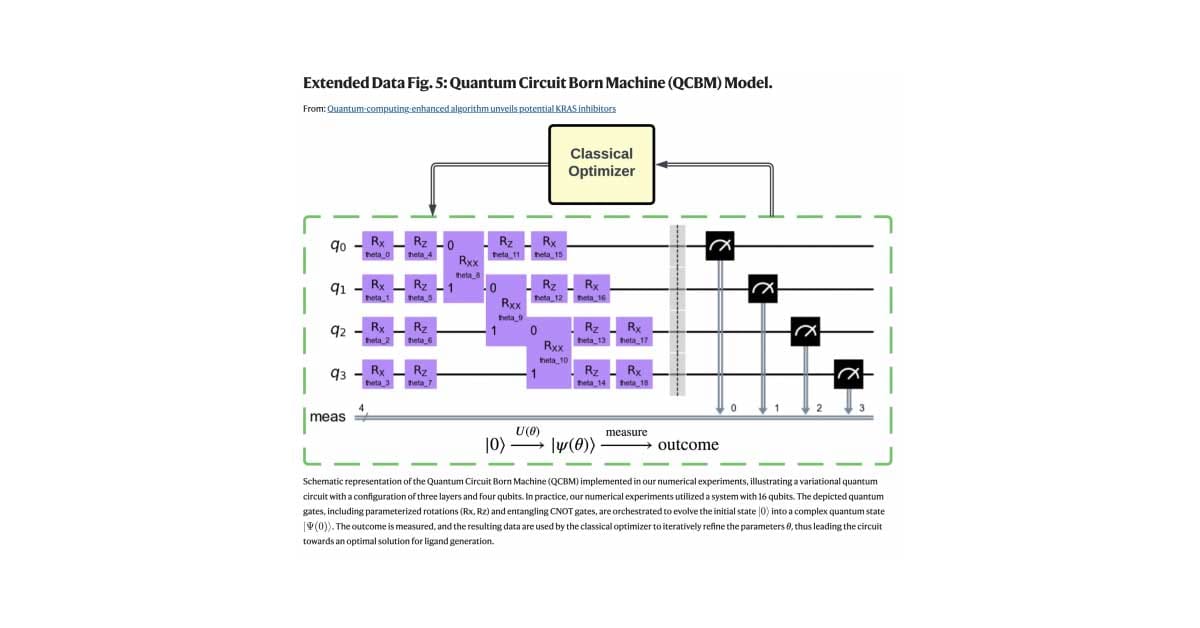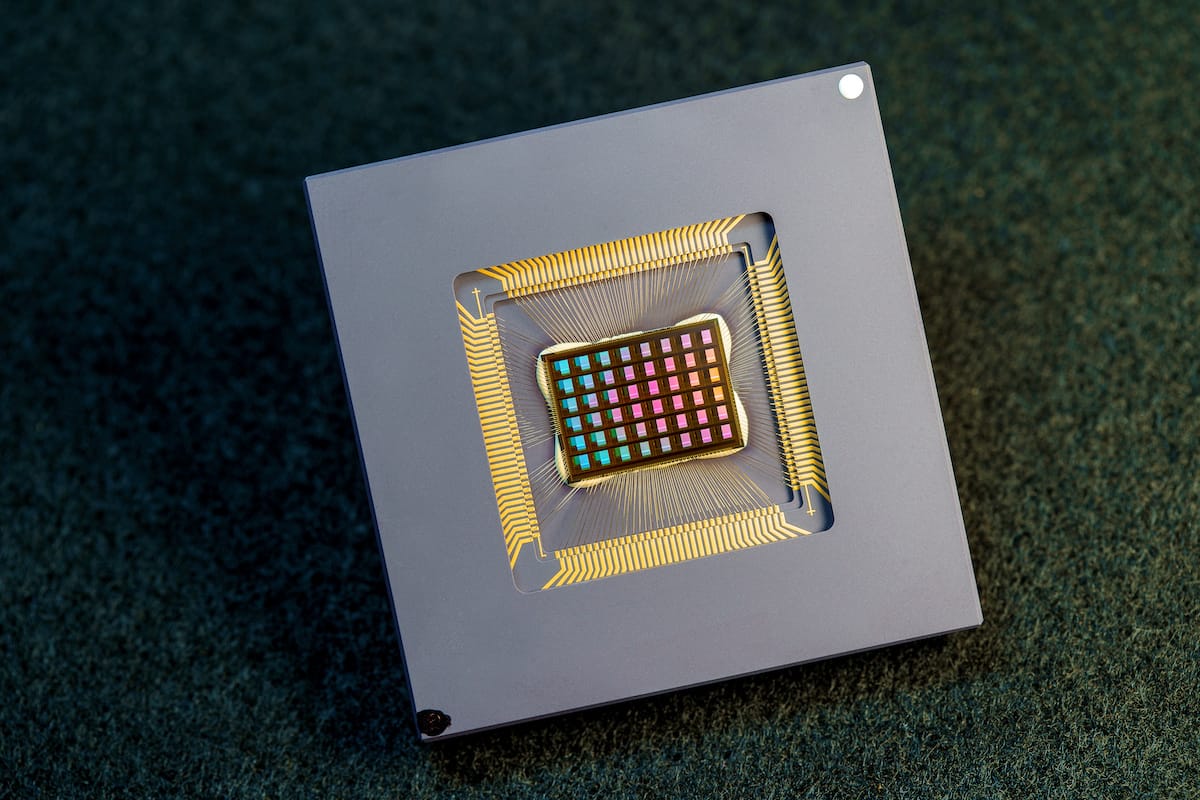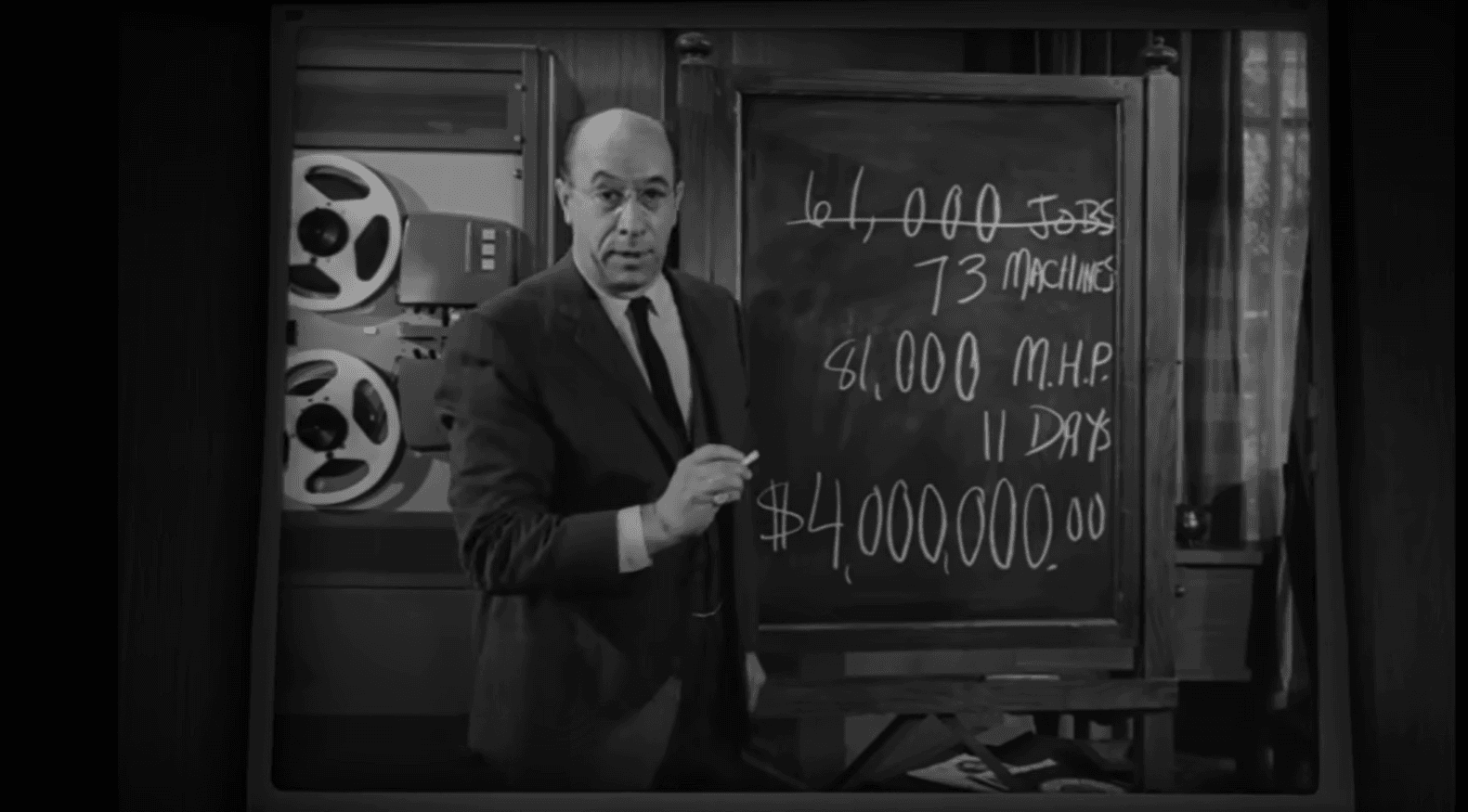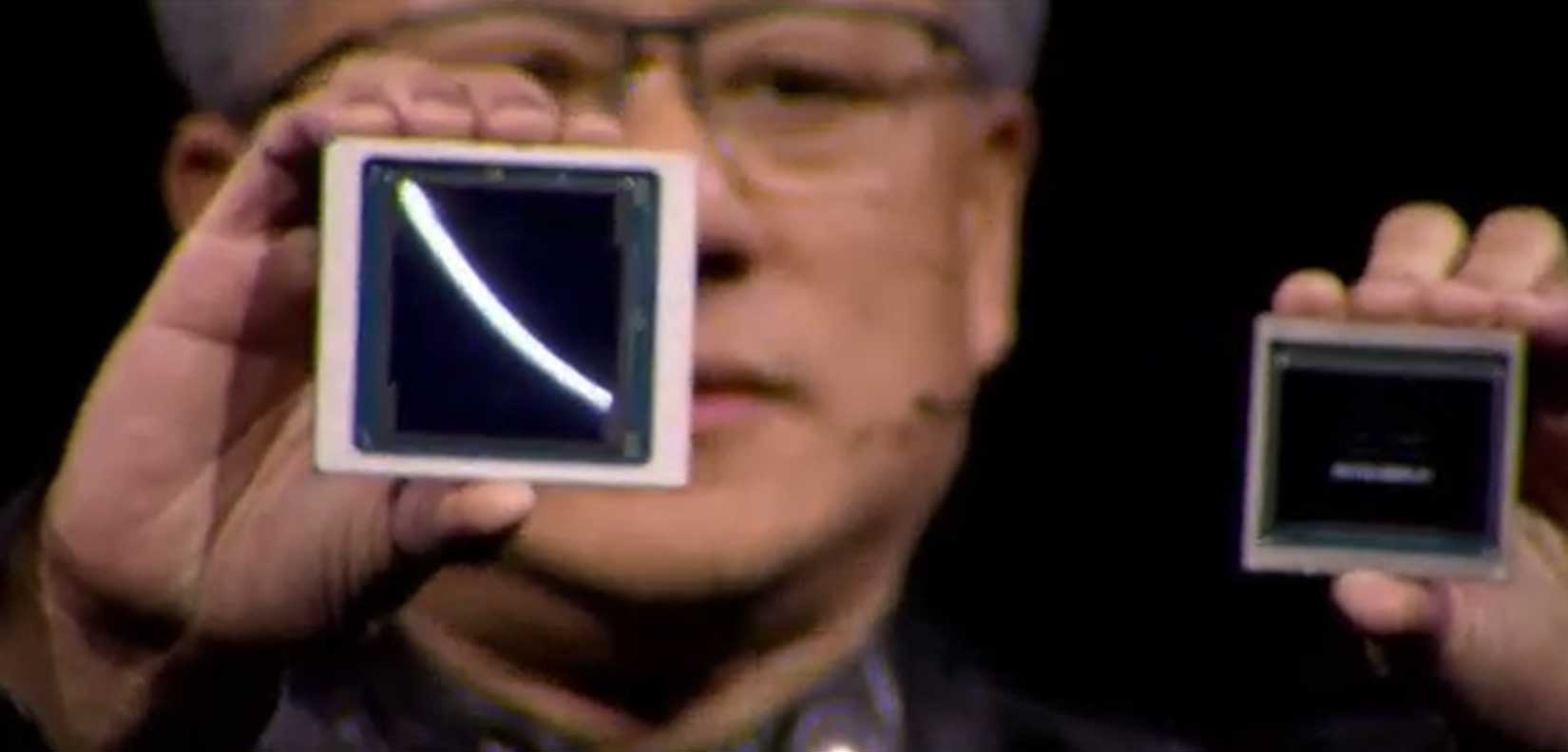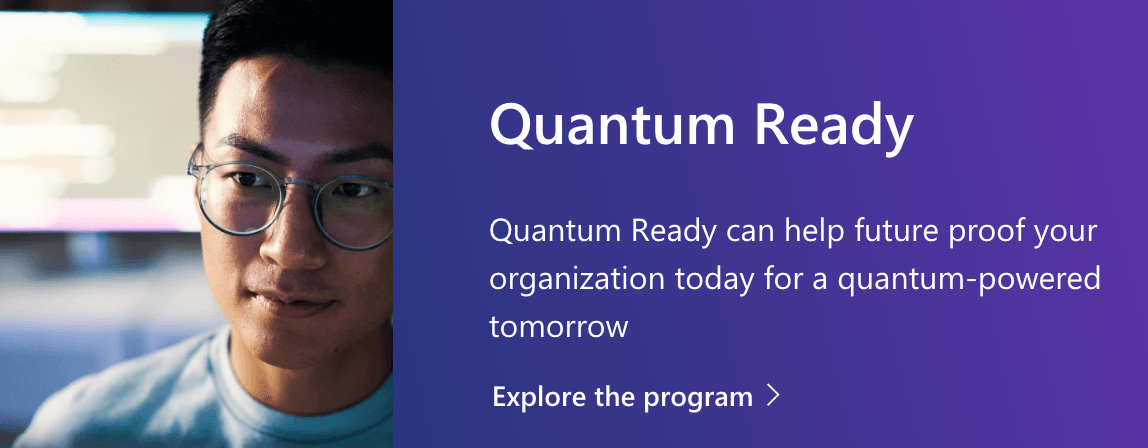
The 2024 Atlantic hurricane season left a trail of destruction in its wake, causing hundreds of fatalities and more than $200 billion dollars in damages. Supercomputer simulations were an important tool for U.S. state and federal agencies in protecting life and property. The post TACC Supercomputers Aid Hurricane Surge Forecasting in 2024 Atlantic Season appeared […]

Nuclear power will power tomorrow’s AI systems, but top cloud providers are pursuing techniques to make their existing data centers more energy-efficient. Microsoft is designing new data centers that will use a limited amount of water to cool data centers. The post Microsoft to Open “Zero Water” Data Centers in 2026 appeared first on HPCwire.

A multi-institution team of researchers led by Mohammad Ghazi Vakili (University of Toronto) and Christoph Gorgulla (St. Jude Children’s Research Hospital and Harvard University) reported using a hyrbid quantum-classical workflow to identify KRAS inhibitor drug candidates. KRAS is a well-known cancer causing gene. The post Researchers Use Hybrid Quantum-Classical Workflow to Identify KRAS Inhibitors appeared […]

Research co-led by University of Toronto researchers and Insilico Medicine has demonstrated the potential of quantum computing and artificial intelligence to transform the drug discovery pipeline. The post Researchers Use AI and Quantum Computing to Target ‘Undruggable’ KRAS Protein appeared first on HPCwire.

Neuromorphic computing—a field that applies principles of neuroscience to computing systems to mimic the brain’s function and structure—needs to scale up if it is to effectively compete with current computing methods. In a review published Jan. 22 in the journal Nature, 23 researchers, including two from the University of California San Diego, present a detailed […]

Typically, this time of year we look to the future and the future of AI isn’t very bright for people. I participated in a podcast on this topic earlier this month. OpenAI has released their template for AGI (Artificial General Intelligence) and while this makes it more likely we’ll achieve AGI near term, this AGI […]

Since ChatGPT set off the GenAI Gold Rush, model developers have been in a race to build bigger and more expensive models that could handle an ever-wider range of tasks. That necessitated bigger clusters loaded with more GPUs training on more data. Size definitely mattered, both in the size of your bank account, your GPUs, […]

Since the pandemic, we have a powerful new ally at our disposal—artificial intelligence (AI). But can AI help predict the next pandemic? Can it help us prepare better to manage virus outbreaks? The post AI Tools Help Scientists Predict the Evolution of Viruses appeared first on HPCwire.

Microsoft launched its Quantum Ready program intended to help provide businesses with tools and preparation for quantum computing. The program is being offered just as the International Year of Quantum Science and Technology (United Nations) activities start picking up steam and was announced in a Microsoft blog — 2025: The year to become Quantum-Ready. The […]

Google Quantum AI introduced a new hybrid digital-analog approach to quantum simulation that combines gates (digital) and analog simulation. The impressive work is being reported in Nature today in which the new approach was demonstrated on Google’s 69-qubit Sycamore device and there are plans for use on Google’s new 100-qubit Willow chip. The post Google […]



